There is a range of pain relieving techniques available during labour. These can range from natural methods to medical pain relief techniques.

Natural pain relief would be things like postural techniques, water births, homeopathy, acupuncture and hypnosis. Natural or holistic approach to pain relief remains unproven.
From an anesthesia perspective, the main pain medication is epidural. An epidural is a procedure in which a tiny catheter is placed in the patient’s back. Through this, medications are injected. The medication is a local anesthetic mixed with a narcotic and it runs with the patient throughout the labour process. It is connected to a pump that goes continuously throughout the entire labour.
Epidurals are good as it provides pain relief to the patient without removing the sensation. It numbs from the belly button to around mid thigh. A patient on epidural can still move her legs. Side effects of epidural include transient fever, shivering and prolongation of labour process. As with any medicine, allergic reaction is a possibility.
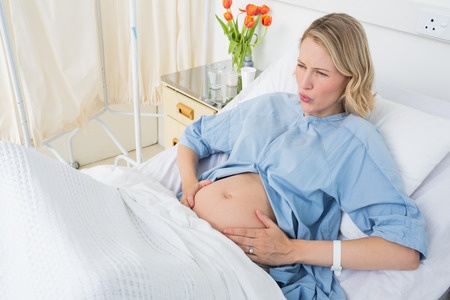
Other drug-related methods
Entonox (laughing gas): It is used by the majority of women in labour. 85% of women say it is useful. It is nitrous oxide gas. However, it can cause light-headedness and sickness. If Entonox isn’t enough, one other option is to have an injection called pethidine. A strong painkiller, administered by an injection in the thigh. However, during labour, pethidine doesn’t necessarily work very well. It makes you feel sleepy, sometimes, nausea and also cause sleepiness in the baby when baby is born.
Which is a better choice?
The choice of pain relief is an individual one. From the medical point of view, epidural anesthesia provides the most effective form of pain relief during labour. In the event that a caesarean section needs to be performed during labour, epidural may also be used as anesthesia for the surgery.
By Dr Ben Choey, Specialist in Obstetrics and Gynaecology.
A gynaecologic surgeon who has been committed to women’s health for more than 10 years, Dr Choey obtained his Master of Medicine (O&G) and became a member of the Royal College of Obstetricians and Gynaecologists (United Kingdom) in 2007. He was also appointed Clinical Tutor in Yong Loo Lin School of Medicine and Duke-NUS Graduate Medical School.
Article contributed by SBCC.
Expecting a baby this year? We like to invite you to join our Facebook group here for discussions on pregnancy, babies and more.
This article was first published in New Age Pregnancy.
* * * * *
Like what you see here? Get parenting tips and stories straight to your inbox! Join our mailing list here.
Want to be heard 👂 and seen 👀 by over 100,000 parents in Singapore? We can help! Leave your contact here and we’ll be in touch.








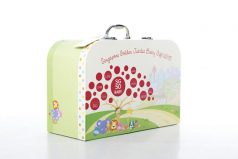
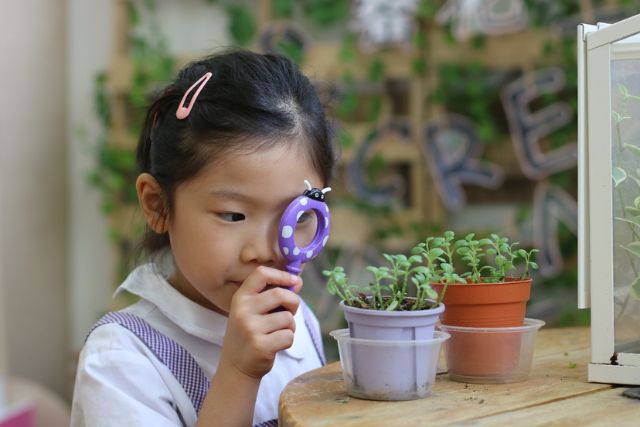



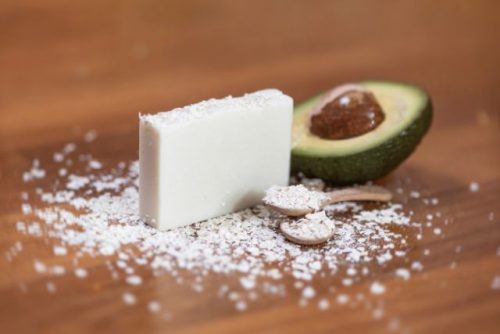























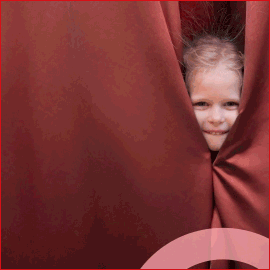



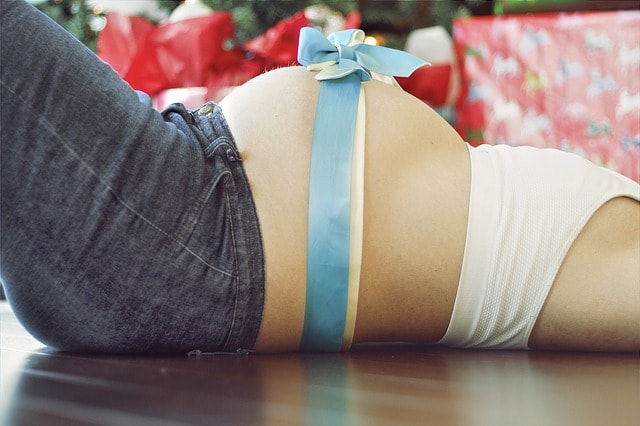

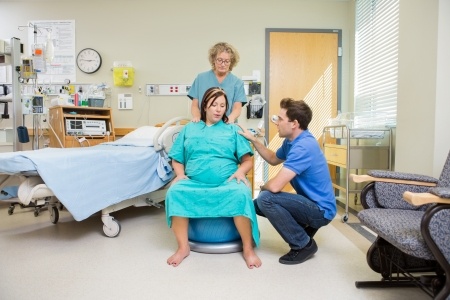
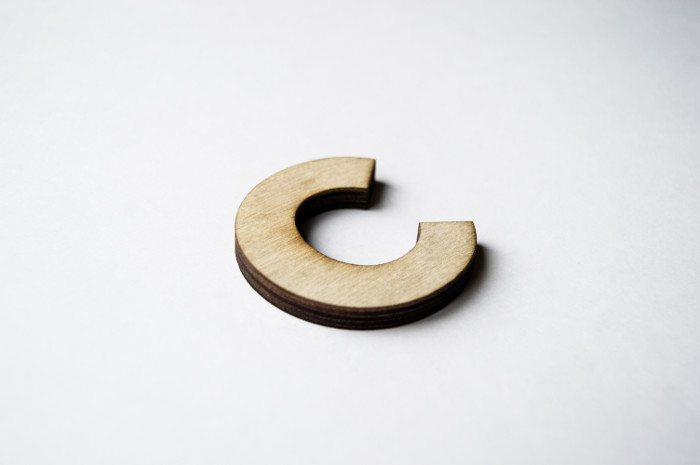
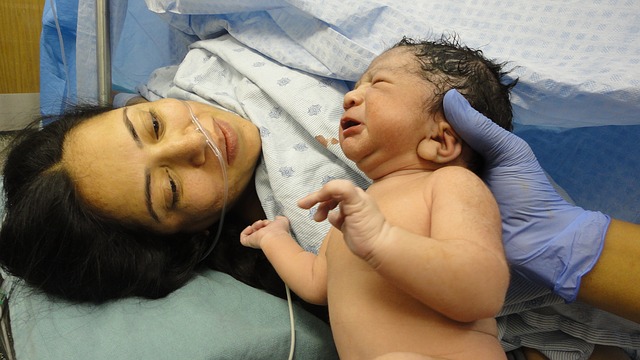
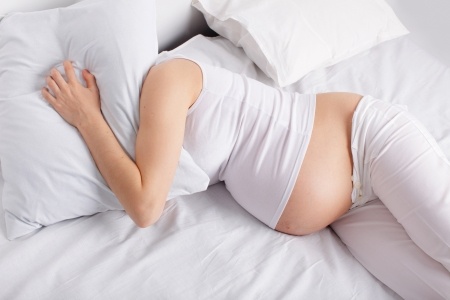



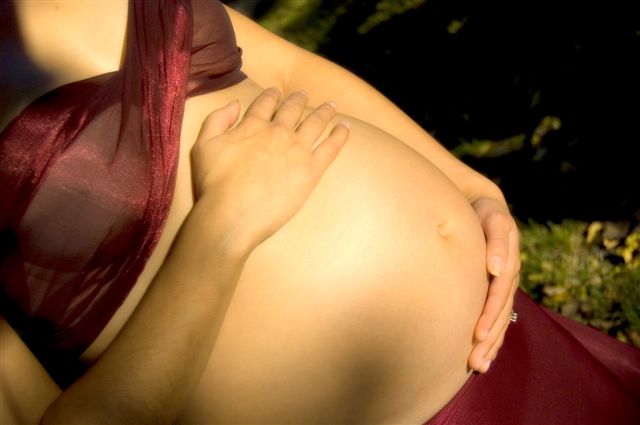
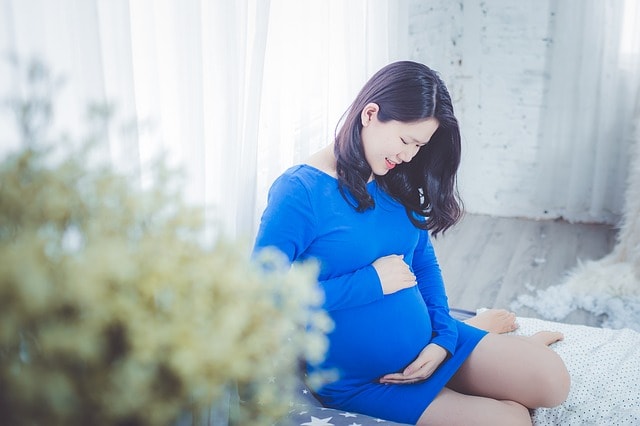










Leave a Comment: